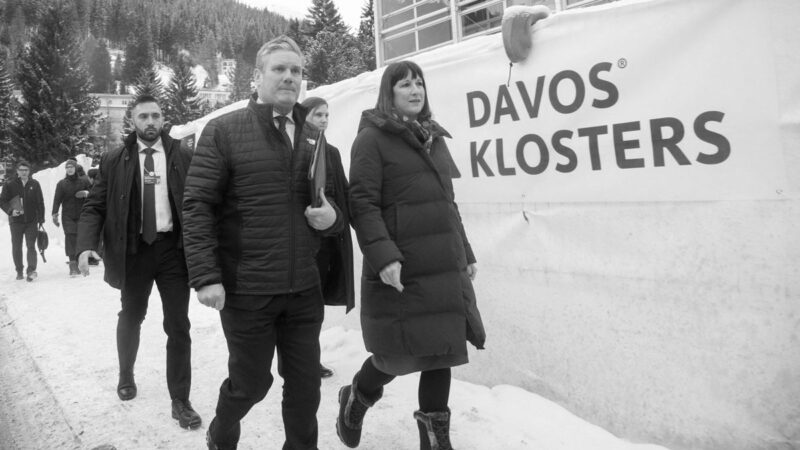The crisis in Euro state finances
 The neo-liberal drive to cut taxation on the rich and strip away public services in favour of private provision has massively reduced the ability of states to raise sufficient finance from their own capitalist and middle classes, while hugely expanding the role of capital markets and private investment in every sphere of life. So after the trillion dollar bailouts of the banks when they collapsed in 2008 and the massive slump in tax revenues during the recession, EU countries now have to fund ballooning benefits as unemployment rises from loans from rich multimillionaires and private fund managers (the bond markets).
The neo-liberal drive to cut taxation on the rich and strip away public services in favour of private provision has massively reduced the ability of states to raise sufficient finance from their own capitalist and middle classes, while hugely expanding the role of capital markets and private investment in every sphere of life. So after the trillion dollar bailouts of the banks when they collapsed in 2008 and the massive slump in tax revenues during the recession, EU countries now have to fund ballooning benefits as unemployment rises from loans from rich multimillionaires and private fund managers (the bond markets).
This whole system of state finance is inherently unstable. Marx described in 1857-8 in his Grundrisse how crises of state debt moved on from one country to another, internationalising the crisis.
Or, as the less inspiring figure of John Wraith, fixed-income strategist at Bank of America Merrill Lynch, put it last month: “It is like a group of climbers roped together. As Greece slips, it pulls down countries such as Spain and Italy.”
The great credit crunch and banking crisis was caused by a slump in profits in the broader economy, prompting banks to write off their expectations of future interest, liquidate and destroy unprofitable assets in the private sector sparking a synchronised global recession in 2008-09. The capitalists’ political reaction was to blame the working class for electing parties that “overspend”, and then to take the debt into the hands of the state. Their next step – obvious really – was to demand that debt be cut by devaluing and destroying our public services, our jobs, our pay, our healthcare and our schools – all over Europe.
It is the twin institutions of private property and the nation state that stand between the working class and a progressive resolution of this crisis. Instead of endless cuts we could renounce the debt to the bond markets. If one country did it, others would follow. Capitalists could be expropriated instead of working people. The squares of Athens, Barcelona and Madrid could echo not to anticapitalist protest, and police repression but to the sound of mass meetings electing representatives, linking up and planning our own economic and cultural life truly democratically, free from the dictatorship of capital.












